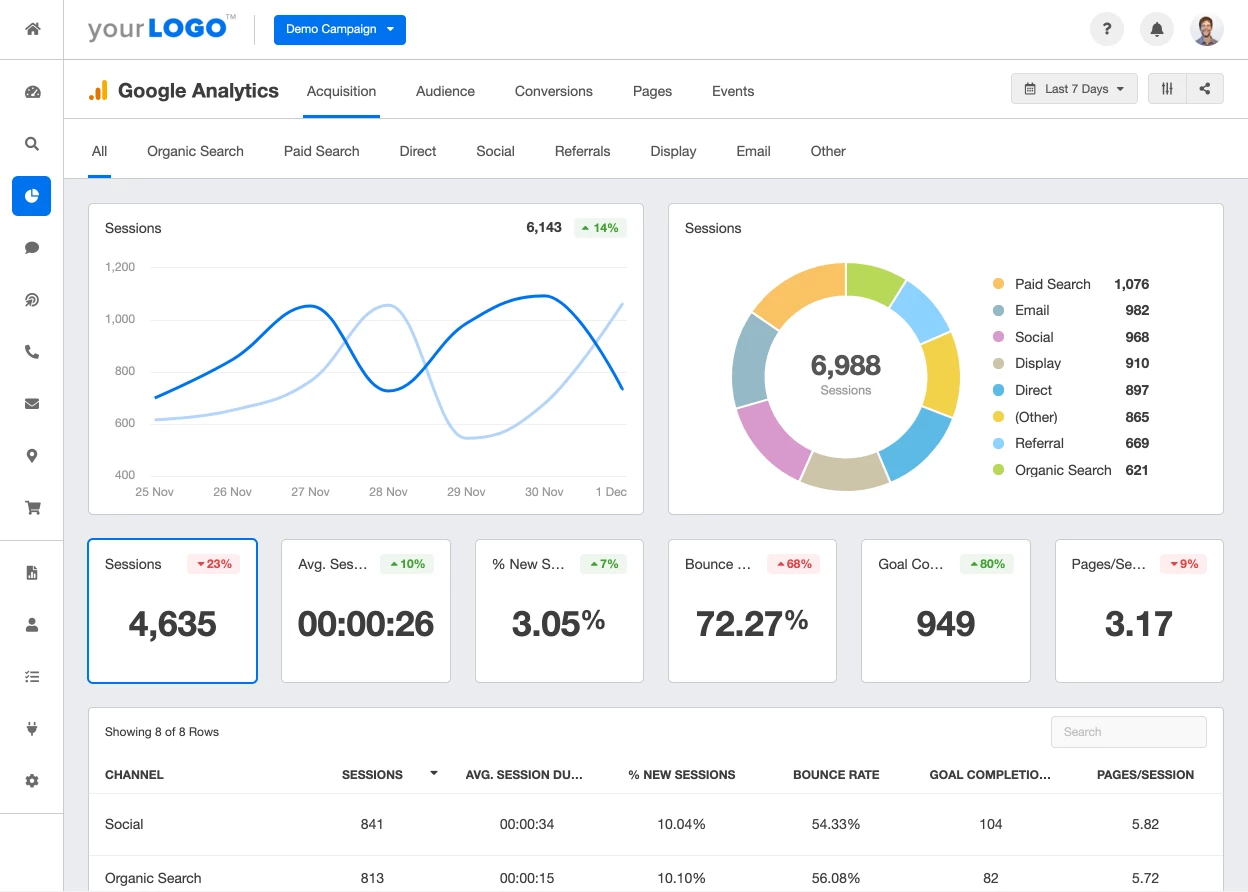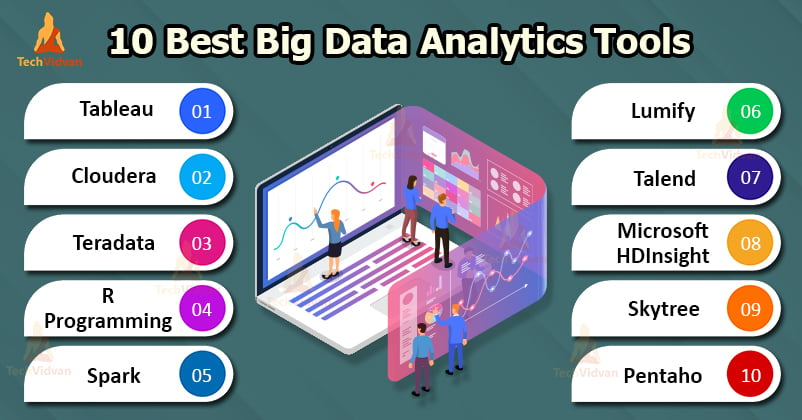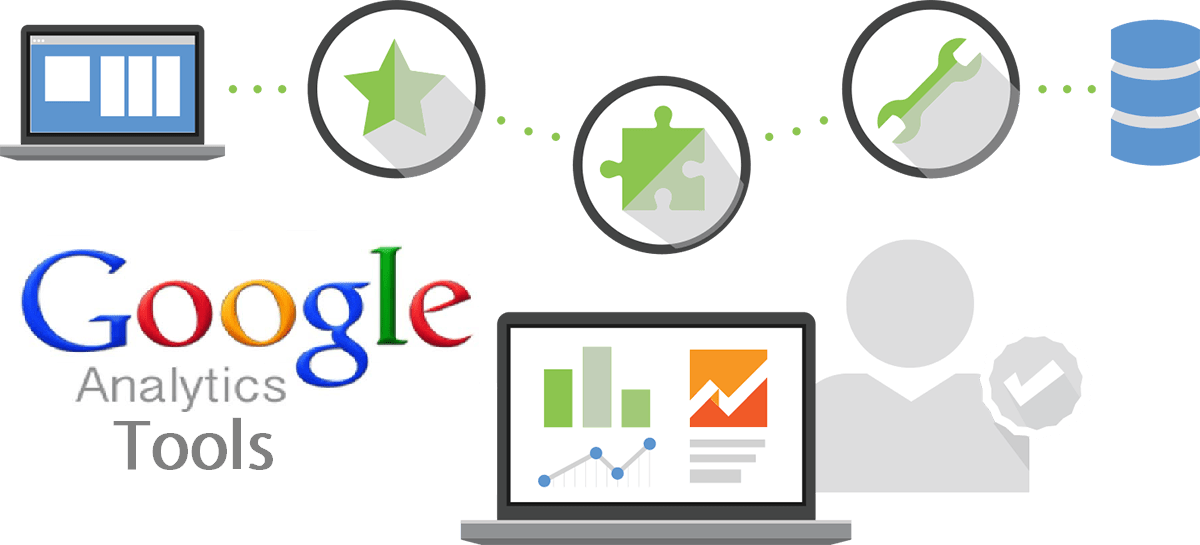Boost Decision-Making Power With Reliable Analytics Equipment
Boost Decision-Making Power With Reliable Analytics Equipment
Blog Article
Increase Performance and Success Via Information Analytics
In today's data-driven landscape, organizations are progressively identifying the crucial duty of data analytics in enhancing operational performance and productivity. By methodically evaluating information, organizations can reveal important understandings that educate tactical decisions, streamline processes, and dressmaker consumer experiences.
Comprehending Information Analytics
In today's data-driven landscape, comprehending data analytics is crucial for companies intending to enhance functional effectiveness and drive earnings. Data analytics includes the organized computational analysis of information sets to reveal patterns, correlations, and insights that educate decision-making. By employing numerous methods, such as analytical evaluation, equipment discovering, and predictive modeling, organizations can transform raw data into actionable knowledge.
The procedure generally begins with information collection, where appropriate info is gathered from multiple sources, consisting of transactional databases, customer interactions, and market patterns. This information is after that cleaned and arranged to guarantee accuracy and consistency. When the information is prepared, logical devices and software are utilized to discover and envision the information, making it possible for stakeholders to identify trends and anomalies.
Eventually, comprehending information analytics equips organizations to make informed choices based upon empirical evidence as opposed to intuition. It promotes targeted approaches that can optimize resource allocation, improve customer contentment, and improve overall efficiency. As businesses increasingly acknowledge the value of data-driven understandings, a solid grip of information analytics becomes a vital expertise for leaders and groups alike, positioning them for sustained success in an affordable environment.

Key Advantages for Organizations
Organizations that take advantage of information analytics can unlock a wide variety of benefits that dramatically boost their operations and success. Among the key advantages is boosted decision-making. Information analytics offers workable insights acquired from real-time information, allowing companies to make enlightened options that line up with market demands and customer choices.

In addition, data analytics promotes improved client experiences. By understanding customer habits and choices, services can tailor their offerings, causing raised fulfillment and loyalty. This tailored method usually results in higher conversion prices and repeat company.
Moreover, data analytics makes it possible for services to identify arising trends and chances. By staying in advance of the curve, companies can profit from brand-new markets and advancements before their competitors.
Implementing Data-Driven Techniques
Successful application of data-driven methods needs an extensive understanding of both offered data and organizational objectives resources. Organizations should initially specify their goals plainly, making sure positioning in between data efforts and tactical objectives. This clarity makes it possible for groups to concentrate on appropriate metrics and insights that drive decision-making.
Next, organizations need to assess their existing information framework. This includes evaluating information quality, availability, and assimilation capacities. High-quality information is vital for exact analysis, as inadequate data can result in misdirected strategies and squandered resources. Organizations needs to establish processes for data collection, cleansing, and management to keep information integrity.
Furthermore, promoting a data-driven society is essential. Employees at all levels need to be motivated to take advantage of data in their everyday operations. Educating programs and workshops can improve data literacy, encouraging staff to make educated choices based upon logical insights.
Devices and Technologies Introduction
A durable click to find out more suite of tools and modern technologies is crucial for organizations intending to harness the full capacity of information analytics. These devices assist in the collection, processing, and visualization of information, making it possible for services to derive actionable insights.
At the fundamental level, data administration platforms such as SQL data sources and NoSQL systems supply effective data storage and retrieval capabilities. For data processing and evaluation, programming languages like Python and R, together with structures such as Apache Spark, allow intricate estimations and maker learning applications.
Visualization tools, including Tableau and Power BI, change raw data right into user-friendly visual formats, making understandings easily accessible to stakeholders at all degrees. In addition, cloud-based systems like Google Cloud and AWS use scalable storage space and processing remedies, suiting the growing volumes of data companies run into.
For advanced analytics, predictive modeling and AI-driven solutions are increasingly embraced, enabling business to forecast patterns and enhance decision-making processes. Incorporating these devices right into existing workflows is paramount; companies that successfully utilize this technology can considerably enhance operational efficiency and drive success. Therefore, purchasing the right devices and technologies is a calculated essential for any data-driven organization.
Case Studies of Success
Leveraging information analytics has led numerous organizations to accomplish amazing improvements in performance and earnings. One significant instance is a huge retail chain that implemented predictive analytics to maximize stock administration. By assessing historic sales information and customer trends, the company decreased excess stock by 30%, leading to substantial price savings and boosted cash money flow.
An additional instance can important site be located in the manufacturing sector, where a leading auto maker utilized data analytics to boost its manufacturing processes. By keeping track of device performance in real-time, the organization determined inefficiencies and bottlenecks, causing a 20% increase in total equipment efficiency (OEE) This not just increased production prices but also minimized downtime and maintenance expenses.

These study highlight exactly how data analytics can drive strategic decision-making, enhance procedures, and inevitably improve both efficiency and profitability throughout different industries.
Conclusion
In final thought, the assimilation of information analytics into business procedures presents significant possibilities for improving efficiency and profitability. By methodically analyzing information, organizations can identify ineffectiveness, enhance customer experiences, and make informed choices.
In today's data-driven landscape, understanding data analytics is crucial for organizations intending to enhance functional effectiveness and drive earnings. Data analytics entails the systematic computational analysis of data collections to uncover patterns, correlations, and understandings that notify decision-making. Data analytics gives actionable understandings obtained from real-time data, permitting organizations to make informed choices that align with market needs and consumer preferences.
Top quality information is necessary for precise evaluation, as poor discover this information can lead to illinformed strategies and lost sources. Organizations needs to establish processes for information collection, cleansing, and administration to keep information integrity.
Report this page